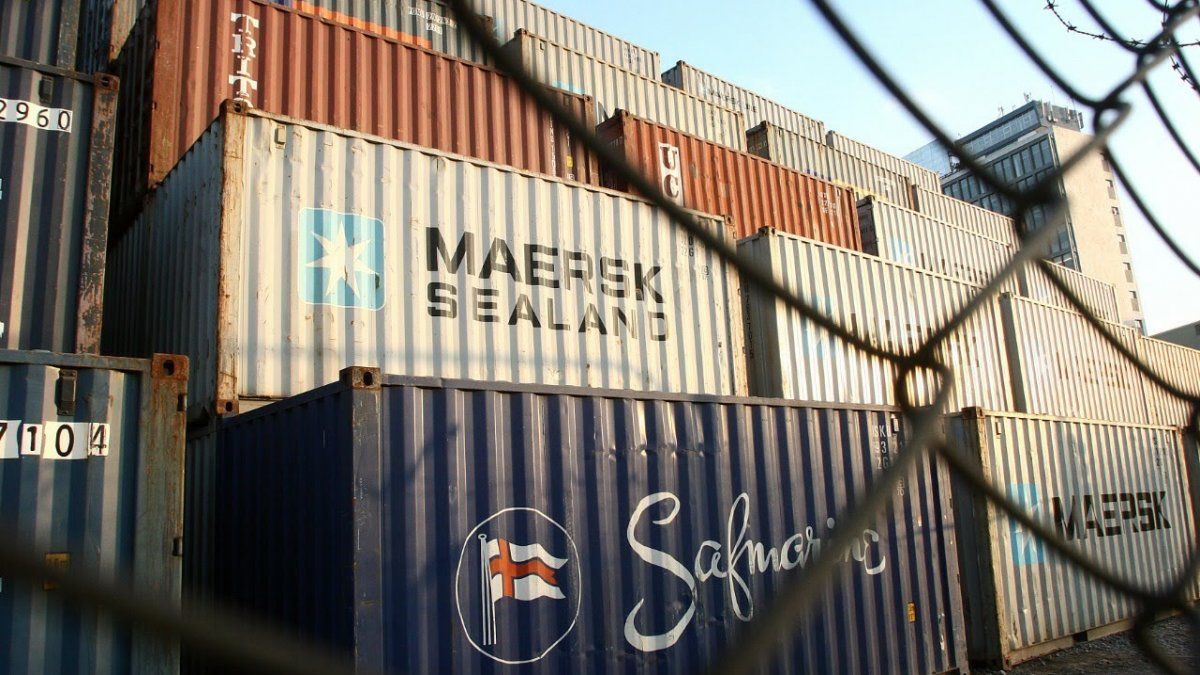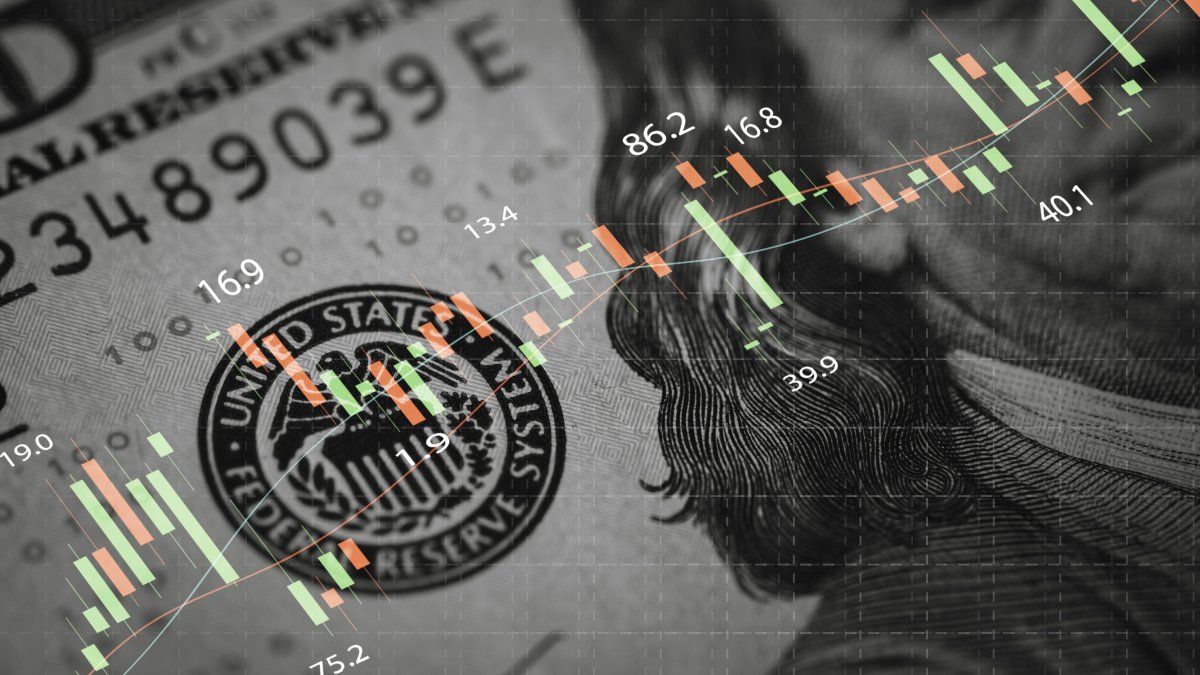In the 29th Annual Conference of the Argentine Industrial Union (UIA), Diana Mondino, The future chancellor of the elected government provided some signals when asking businesspeople to “hold on for six months”:
- He anticipated that the SIRAs will be eliminated, although he clarified that it will not be “From one day to another”
- Companies will have to find the dollars in the market.
- There will be a single exchange market, although “it will not be in December.”
Marcelo Elizondospecialist in international business, said in a dialogue by Ambit that companies will face three stages when the new government takes office.
“When the model is established, I see three stages: one first transition with still many tools in the administration of trade in the previous model, but they want to get it out quickly. A second stageand also freedom of trade but without structural reforms and a third with structural reforms, deregulations and market freedom”says Elizondo.
At the same time, he points out that, in the first four monthscompanies are waiting for an increase in the official exchange rate although surely “closer to its market price”the stocks will continue for a while longer and progressively they will move towards a system of automatic licenses as it was before.
“What they are going to try to do is manage demand for dollars by that stock of debt and not so much by the flow. There will be an initial four months of exchange restrictions until the dollars per harvest begin to enter and there imports will be balanced with exports,” he added.
Three companies consulted by Ambit They assured that the shortage of reserves – it is calculated, according to Aurum Values that reserves are negative by almost US$12,000 million – is the most preponderant factor that will complicate operations with the new management. However, they are confident that the current system will be eliminated more quickly and the Central Bank (BCRA) will once again fulfill the role of import-export administration.
It is worth remembering that the current system of Sergio Massa centralizes in more than 3 dependencies controlling foreign trade with criticism of Guzmán’s management including the BCRA, Ministry of Economy, Secretariat of Commerce, AFIP and Customs.
“I think we are going to a situation in which the Central Bank will intervene for quotes in a managed float, as happens anywhere in the world, intervening to avoid sudden oscillations. It seems to me that the role of the BCRA is going to return to being the traditional one of monetary rather than commercial authority,” Elizondo explained.
Foreign Trade Exports Fiscal Suravit.jpg
Companies warn of a devaluation of more than 40% and its impact.
Mariano Fuchila
To be resolved: the significant amount of commercial debt
The first point to resolve in foreign trade is the commercial debt by imports of goods, which grew by US$3,000 million in October and the total stock including services was on the verge of US$60,000 million. Those commitments double the average of recent decades and, given that most of them have short-term maturities, they will be a problem in the future to eliminate the exchange rate in a context of shortage of reserves. Companies remain concerned about what solution the Government of Javier Milei will seek from December 10 and the possibility of an eventual devaluation. increase the cost in pesos of said maturities.
Recently, the companies based in United States Chamber of Commerce in Argentina (AmCham) specified that, “in the stock, the main creditor are the companies themselves (intercompany debt), with more than half of the total (59%). Secondly, and to a lesser extent, the suppliers themselves who finance them ( 36%)”.
From AmCham, They added that “any scenario of exit from the exchange rate scheme and access to foreign currency will imply a jump in the exchange rate and its correlation with inflation, and a potential deterioration of trust with parent companies of many companies that operate in Argentina”.
José Lopetegui, Foreign Trade Secretary of the Argentine Chamber of Medium Enterprises (CAME) revealed to this medium that in the case of SMEs and MSMEs, the debt reaches at least US$1.2 billion.
Devaluation: what impact will it have on companies
The doubts in companies that export are also linked to the exchange rate. “We have expectations, SMEs occasionally have difficulties in foreign trade that We have no possibility of turning abroad, There are debts with our suppliers who do not want to ship us because they have been late. Some suppliers no longer want to sell. That is one of the priorities. We know that there are no dollars, what is going to be authorized and what exchange rate,” said Lopetegui about the situation of SMEs.
Recently, Guillermo Francos, future Minister of the Interior of Javier Milei, He assured that a good “equilibrium” exchange rate would be close to $650. On Wednesday, the first contracts at post-assumption mondaywere signed for $500, which implies a exchange rate jump of more than 40%. For Lopetegui, the number is relative: “if they pay me $650 but the gap stretches, we still have problems because the relative import prices will be at the MEP and the export dollar will continue to be low. The tips have to get closer of the official dollar and the dollar charged by the exporter”.
In turn, the foreign trade manager at CAME He stated that the first months “will be hard” because there will not be immediate dollars to make imports and explained what the impact that SMEs will receive with the devaluation will be: “If I bought a product and sell it in six months because there are operations that They are delayed and I could not get an asset that would allow me to maintain a value close to what the dollar will be, when I have to go abroad, it will be all loss for me. Suppose I could not open this account official that links to the exchange rate, It will be a terrible loss if I sold a product for $350 and now I’m going to have to pay $650.” Lopetegui referred to the famous LEVID that were on the lips of most economists the previous week and that the Central Bank was in charge of limiting.
This system allowed some companies avoid “losing” in the face of a devaluation and the difference was paid by the Central Bank itself. However, Not everyone could access these accounts, According to industry leaders, for different reasons. One was the delay of the banks and another, the officially imposed limitations themselves.
In the large companies, the devaluation will also have an effect. On the one hand, the amount of pesos they will need to cover their debts with their parent companies will increase and, on the other, as the balance sheets are reported in official dollars, they will see a drop in the turnover and value of their assets.
While waiting for possible announcements for Monday, everyone is preparing for the devaluation and some will face it with greater backbone than others. The doubts fall on the magnitude in which it will occur but everything will depend on the new rules that are set from December 10.
Source: Ambito



